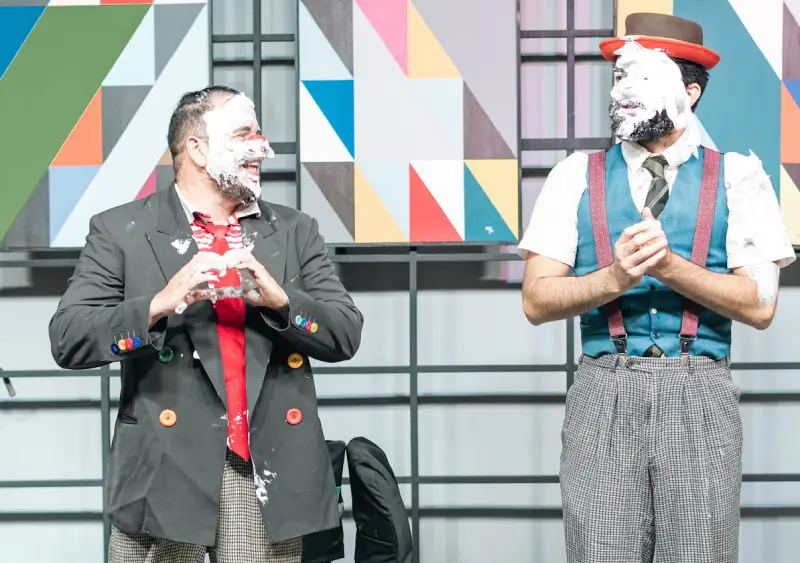Recent Post

The Difference Between Comedy and Humour
23 Jan, 2025

5 Must-Watch Comedy Shows in Melbourne This Year
25 Nov, 2024

The Psychology Behind Why We Laugh
02 Nov, 2024
The Psychology Behind Why We Laugh
admin
02 Nov 2024

The 1990s are often regarded as the golden age of television sitcoms. With legendary sitcoms like Friends, Seinfeld, Frasier and The Fresh Prince of Bel Air, the era generated a type of humour that has remained popular with audiences decades later. In an age of streaming services and fast paced digital material, the appeal of the 1990s sitcom endures. But why does this age of comedy still connect, especially given how much the world has changed?
- Had Simplicity That Still Works
- Consisted of Timeless Characters
- Cultural Influence and Shared Nostalgia
- Sitcoms as a Reflection of Society
- Usage of Studio Audience Effect
- Comedy Legacy and Reinvention


